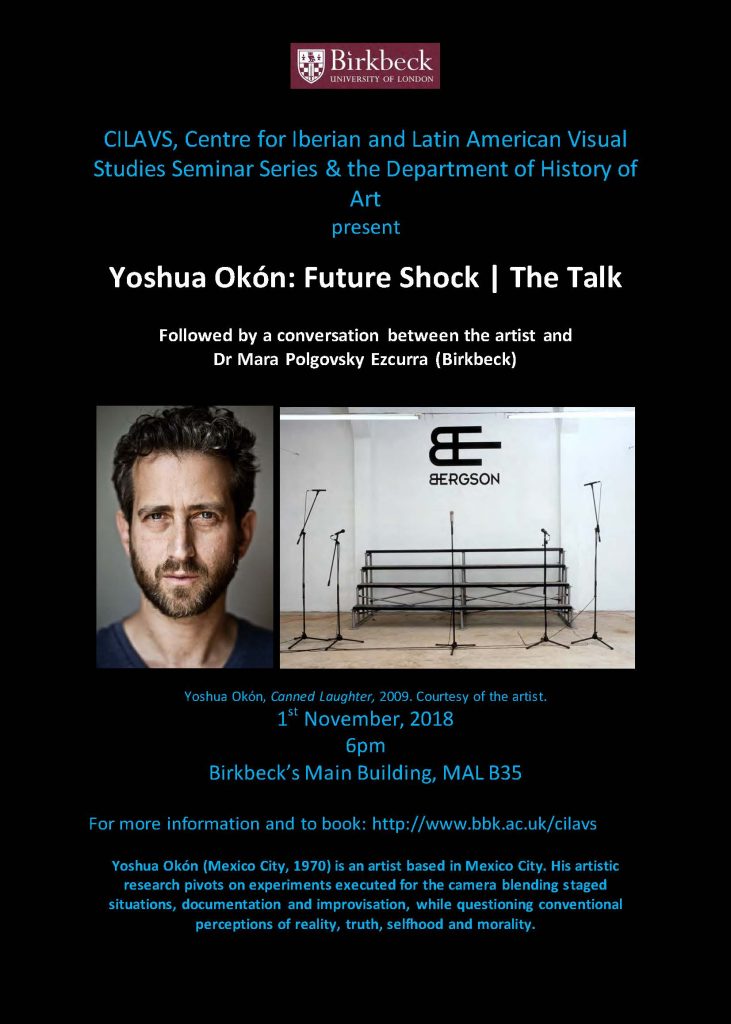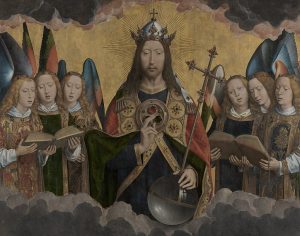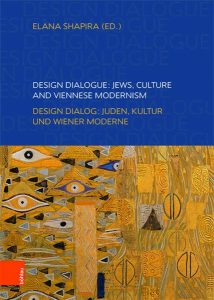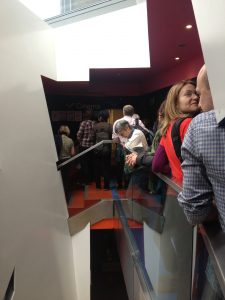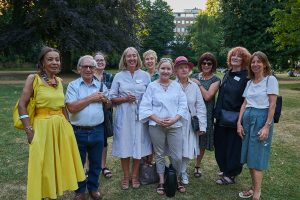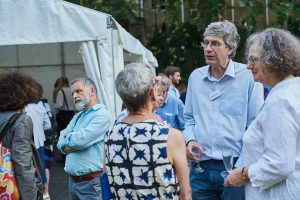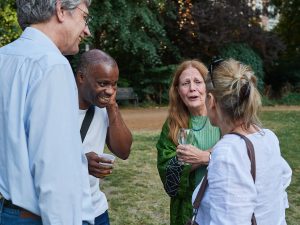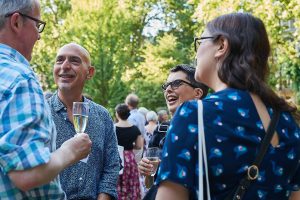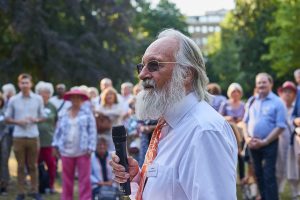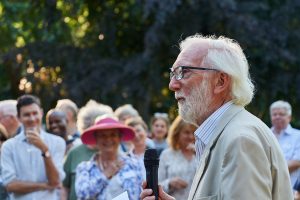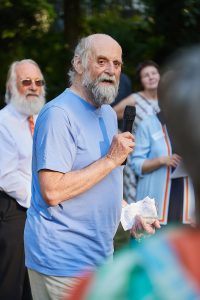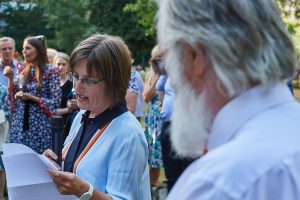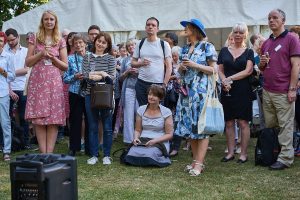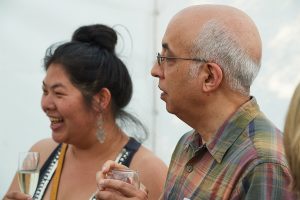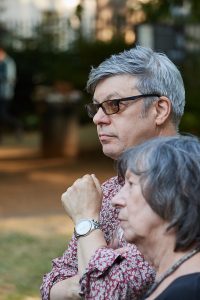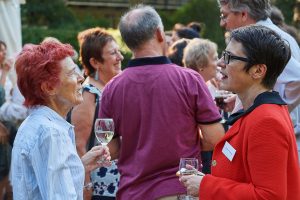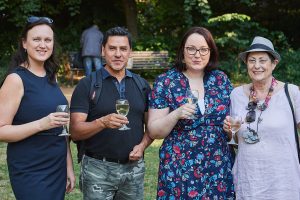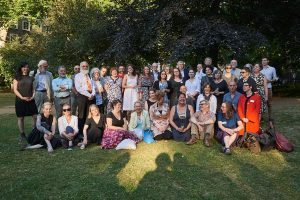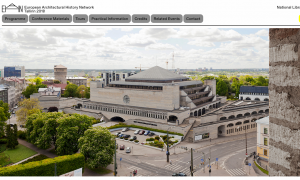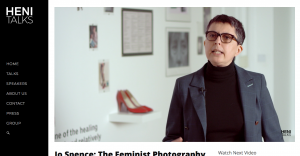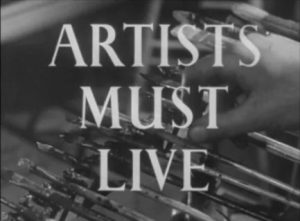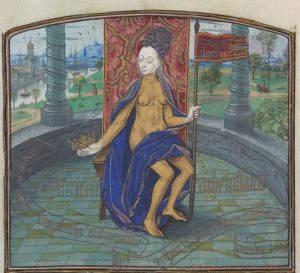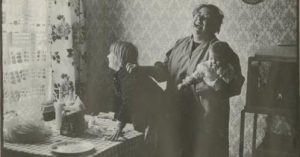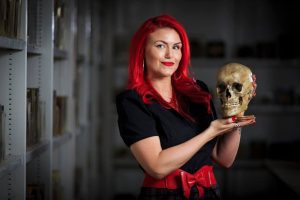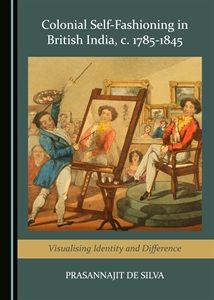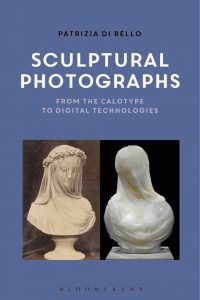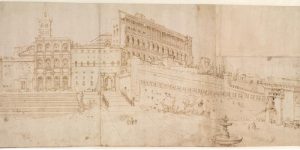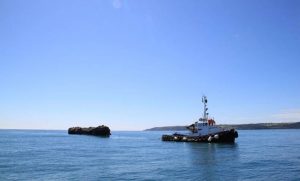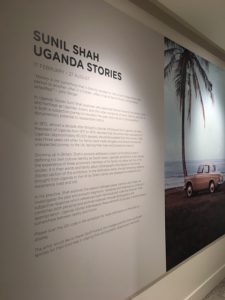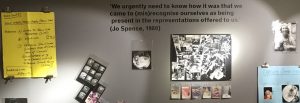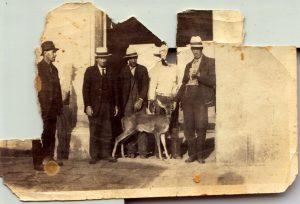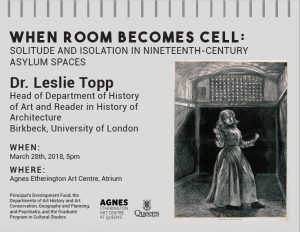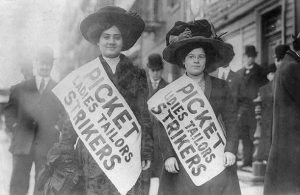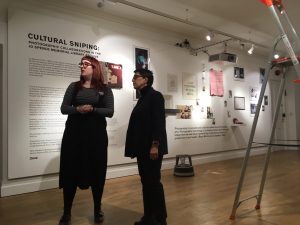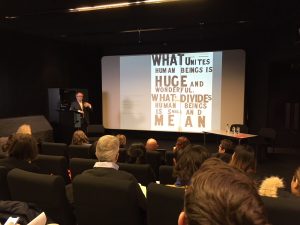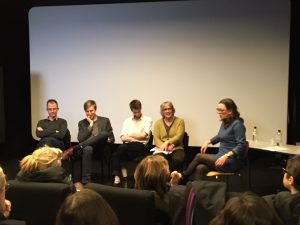51 may be a boring kind of age, but it helps if you can look back on a 50th year full of celebrations, especially of the forward-looking kind. The department’s celebrations of Opening up Art History: 50 Years at Birkbeck culminated in a really stimulating, truly future-oriented day last Friday 19 October. The morning workshop on ‘The Future of Studying Old Art’ featured speakers from the BBC, the V&A, the charity Art History Link-up and Birkbeck, and made us all feel excited and optimistic about ‘old art’s continuing relevance and ability to fascinate new audiences. PhD student Sarah McBryde has written up a great blogpost about the event.
More to come in future blogs about the afternoon workshop – a *very* lively discussion of the fraught/opportunity-filled future of publishing in art history – and about the evening’s inspiring lecture by Tristram Hunt on the integration of past and future at the V&A, which also marked the launch of the new Centre for Museum Cultures. Check out their excellent new website (the handiwork of PhD student and Centre publicity officer Mark Liebenrood) where you’ll find photos of the event and much more about the Centre, which has been established to provide a hub for exchange and debate on all aspects of museology, curation and heritage. The director is our own Sarah Thomas, working in close collaboration with Annie Coombes, Gabriel Koureas and Fiona Candlin, as well as colleagues across Birkbeck.
So we bid a fond farewell to our 18th-century evening-studying young woman who’s been benignly accompanying us throughout our anniverary year, thanks to the British Museum’s generous open access image policy:
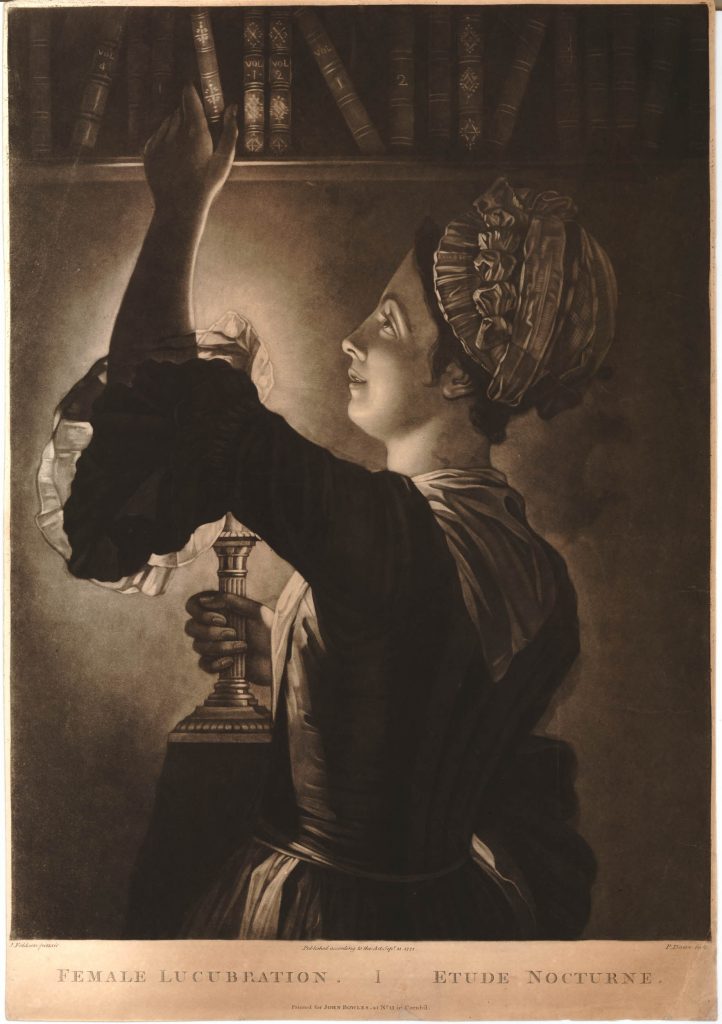
Étude nocturne, mezzotint by Philip Dawe, after John Foldsone, 1772 © Trustees of the British Museum
And now to the ‘we want you’ bit. We want you – we and your fellow students NEED you – to come forward to be representatives for your programmes. It’s an excellent way to meet your fellow students, keep abreast of issues and changes and work with staff to improve the student experience. Being a student rep means that your fellow students contact you with any issues and feedback, which you then bring to termly meetings (timed to fit in just before your classes) with me and programme directors. There are still places, especially for MA Museum Cultures and MA History of Art as well as BA History of Art year 1 and BA History of Art with Curating. Please contact art-history@bbk.ac.uk if you’re interested.
And now to the fun stuff and a date for your diary. The History of Art Society – your student society – is holding its first social event of the year. Do come along and hear about what’s going on. The society is organised by a really lovely and creative group of people, and word is they’ve got hold of some funds for events too!
The brilliant charity Art Fund has announced its 2018-19 Student Art Pass offer, which is a good one, especially if you’re looking to defray the sometimes breathtaking expense of special exhibitions (you call that a concession!) Here’s the info, and note the upcoming deadline:
Our new Lecturer in Contemporary Global Art, Mara Polgovsky, has organised this very exciting event over in the main Birkbeck building this coming Thursday:
Finally, the next ASSC event is coming up. Sophia Psarra from the Bartlett School of Architecture at UCL will be speaking about a fascinating late project by Le Corbusier in Venice: ‘Le Corbusier’s Venice Hospital: a genealogy of individual and collective intelligence in his architecture’. 9 November, 6pm, Keynes Library. More here.
. . Category: Uncategorized


